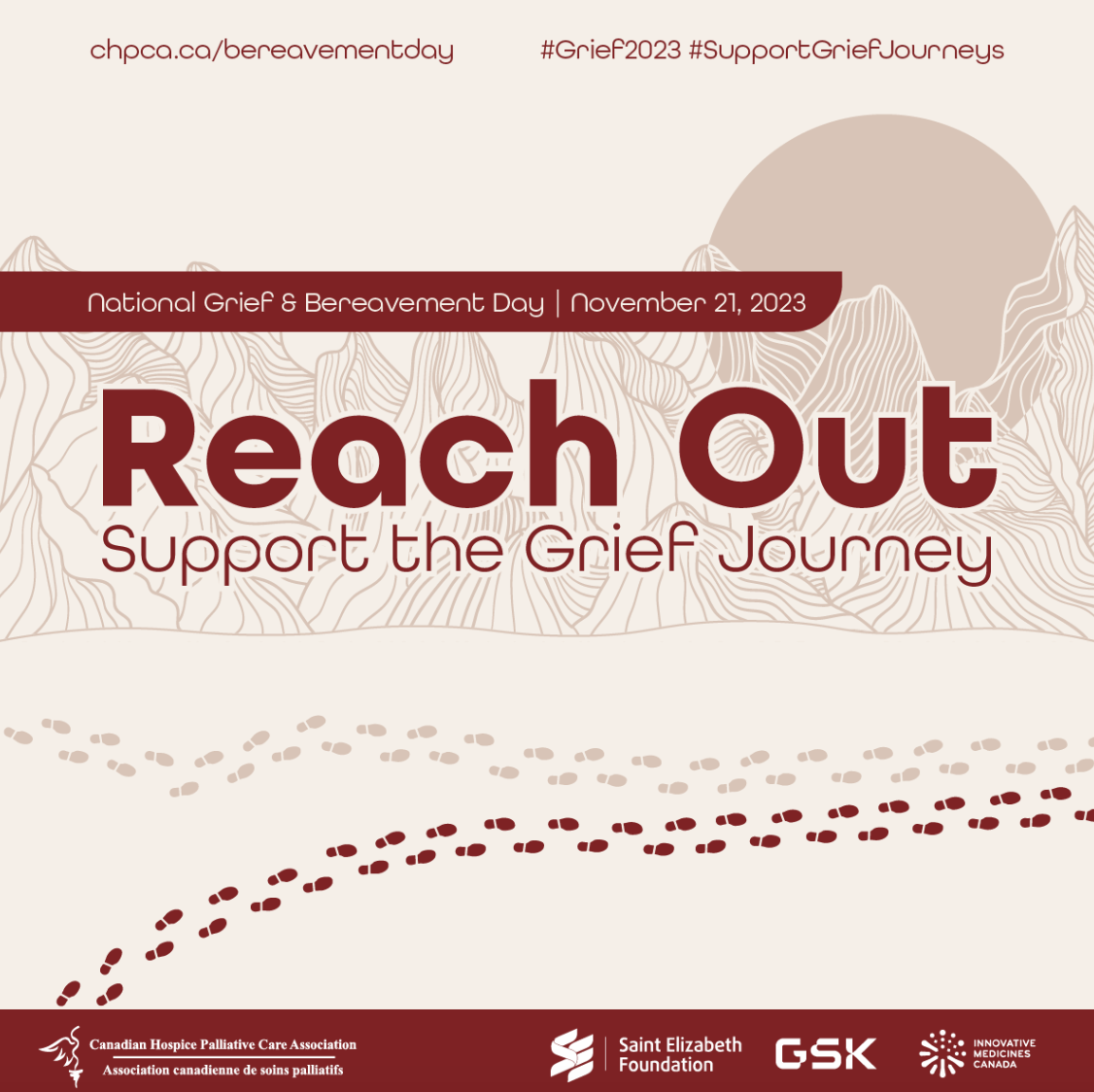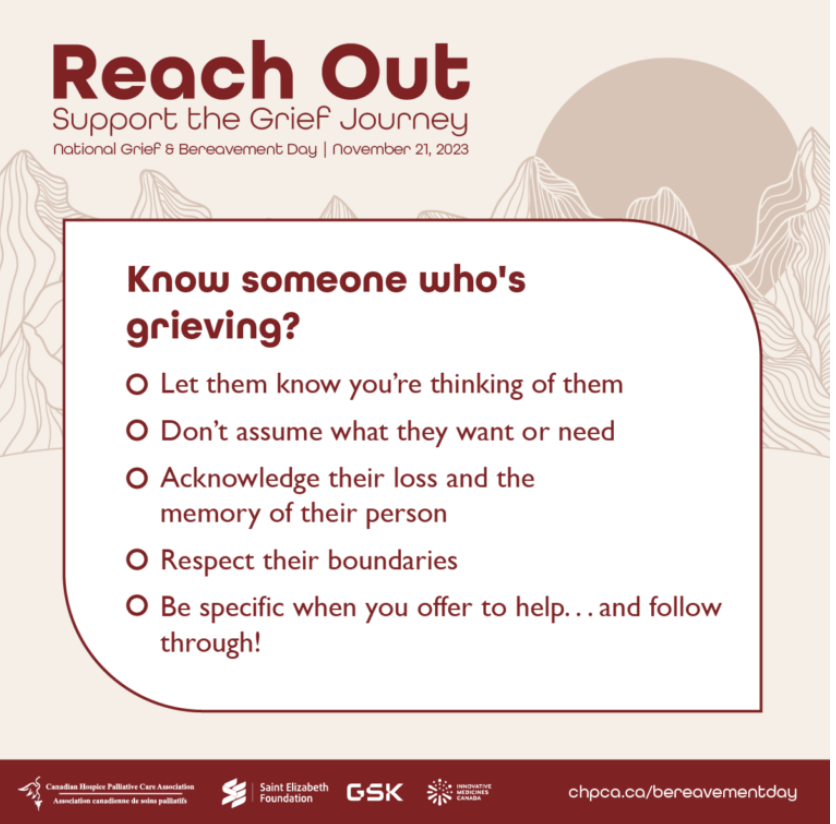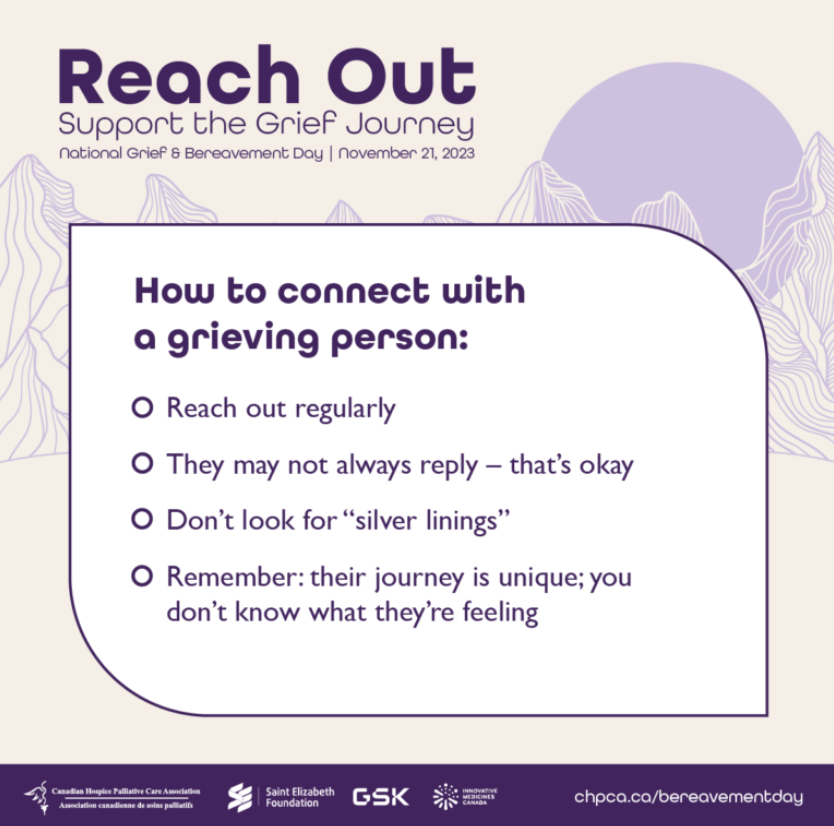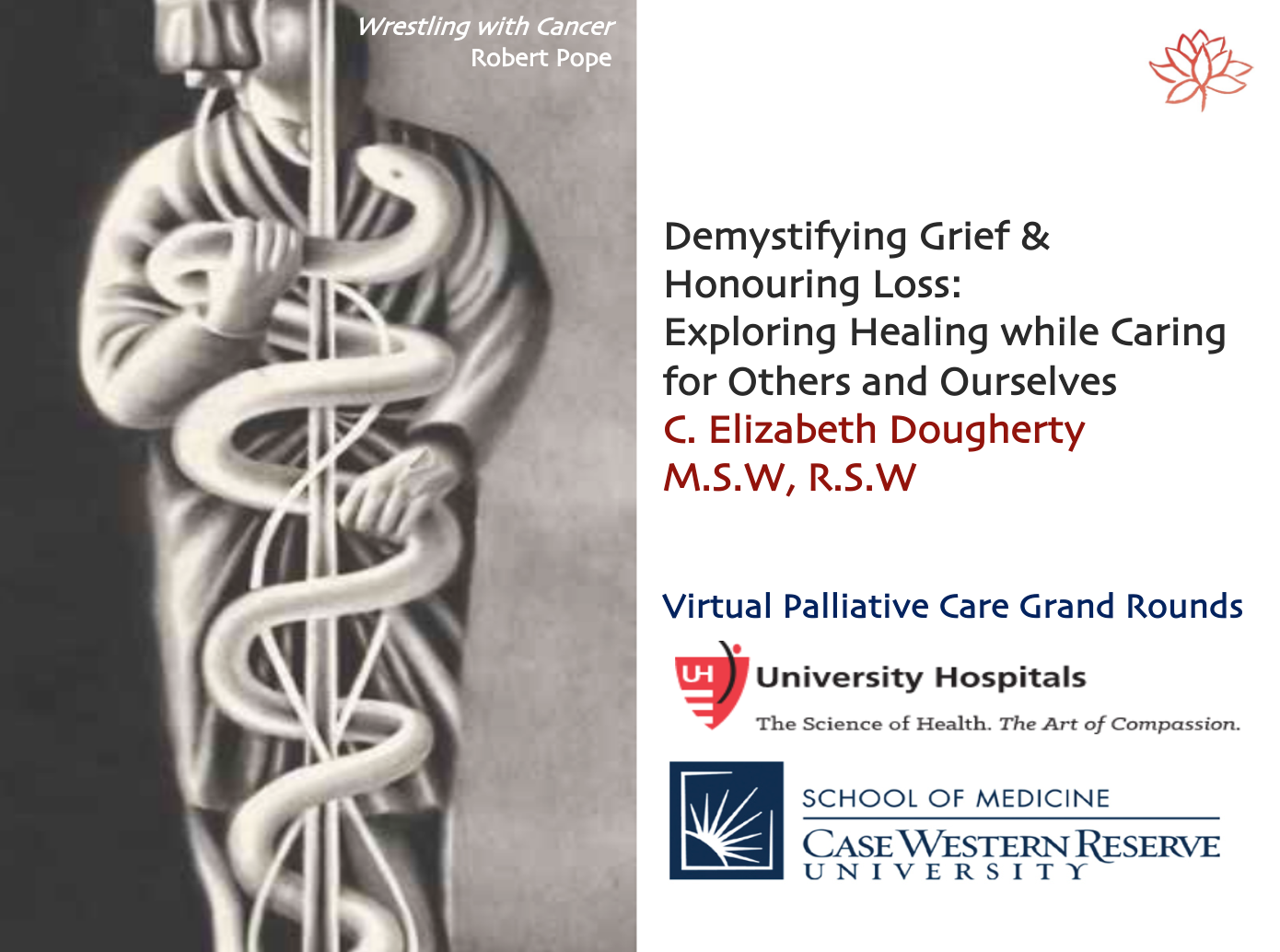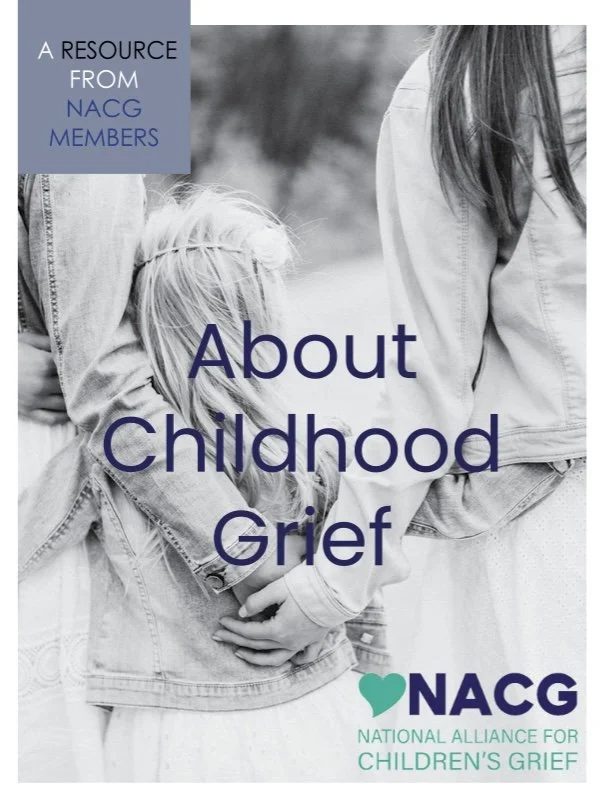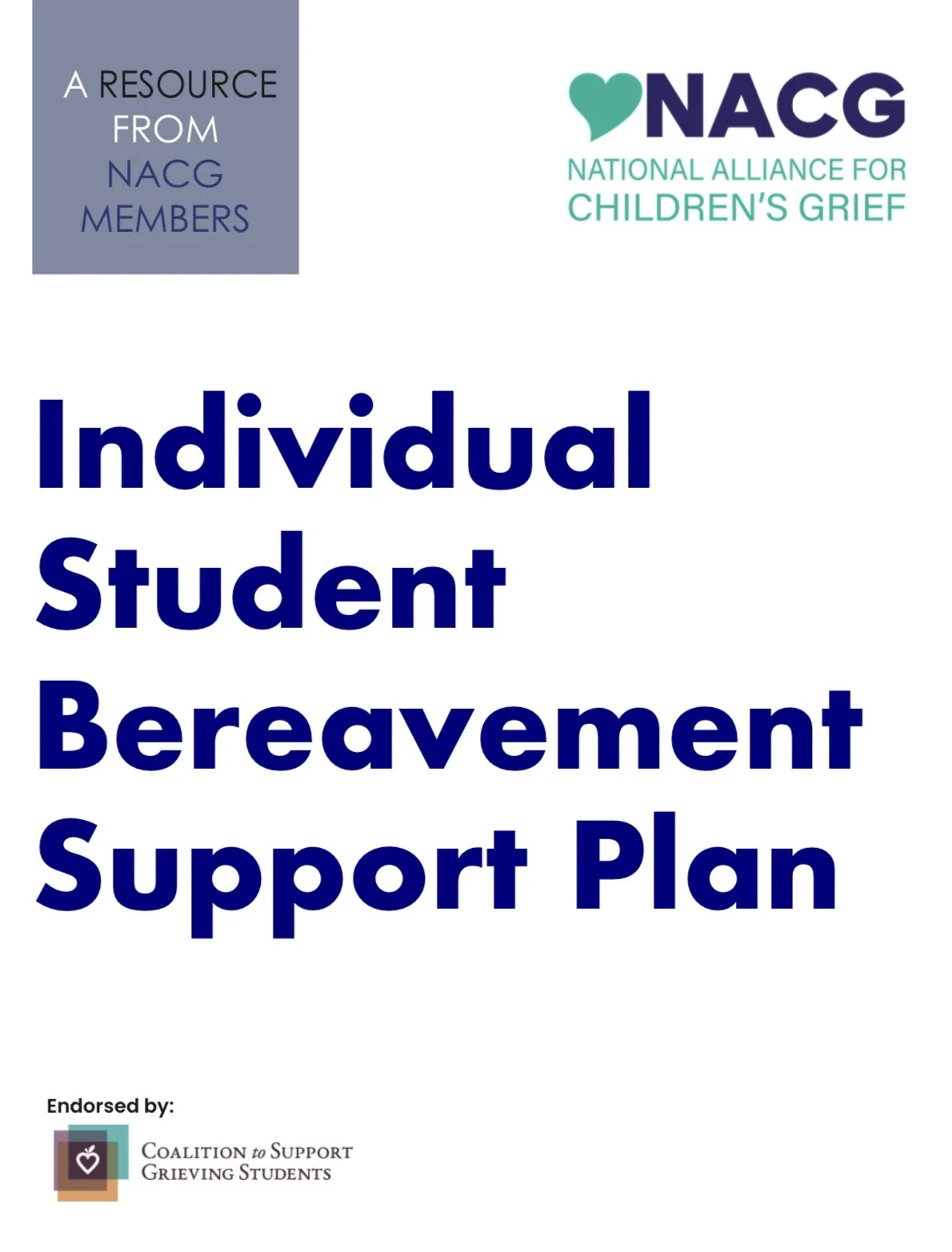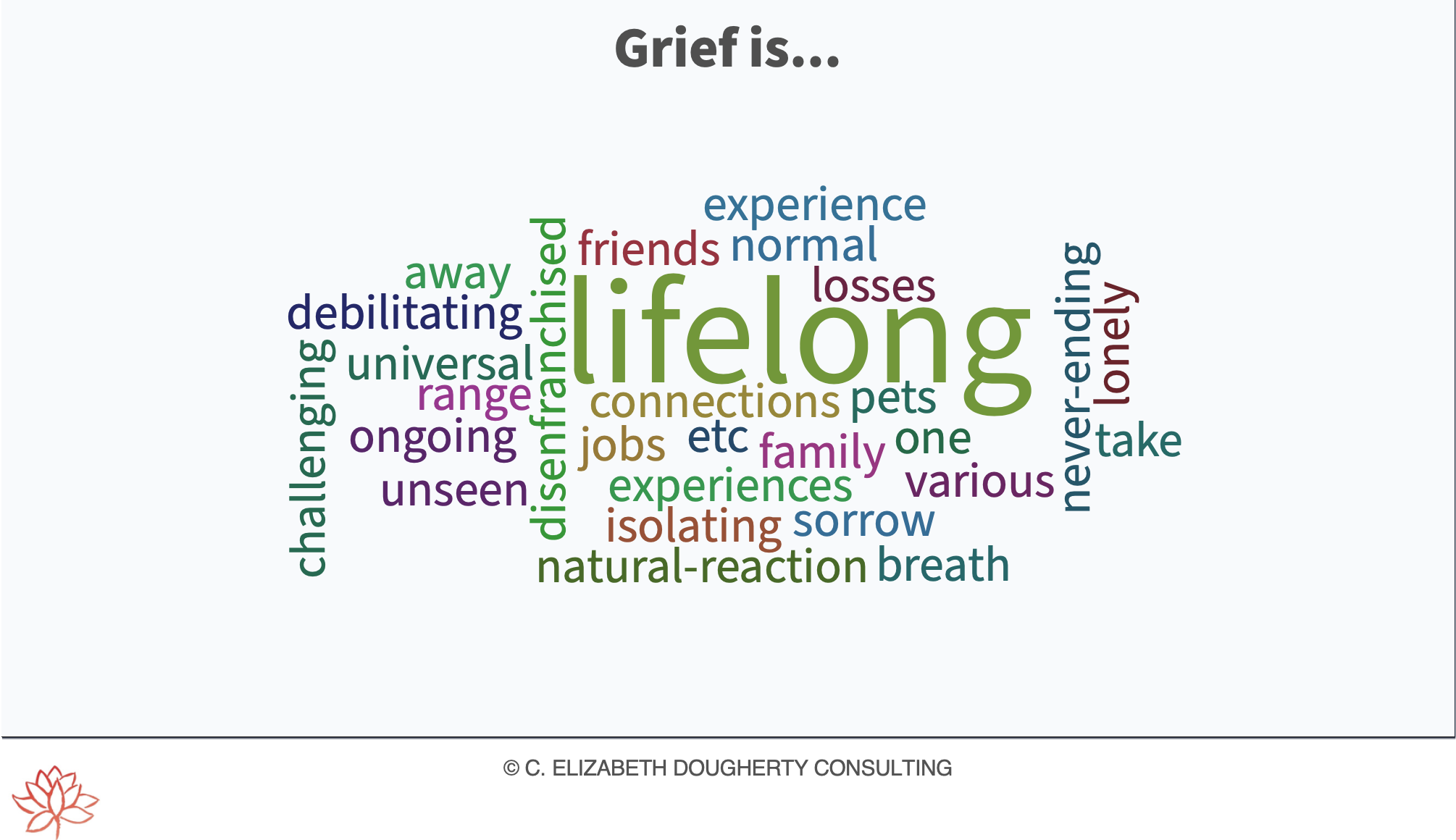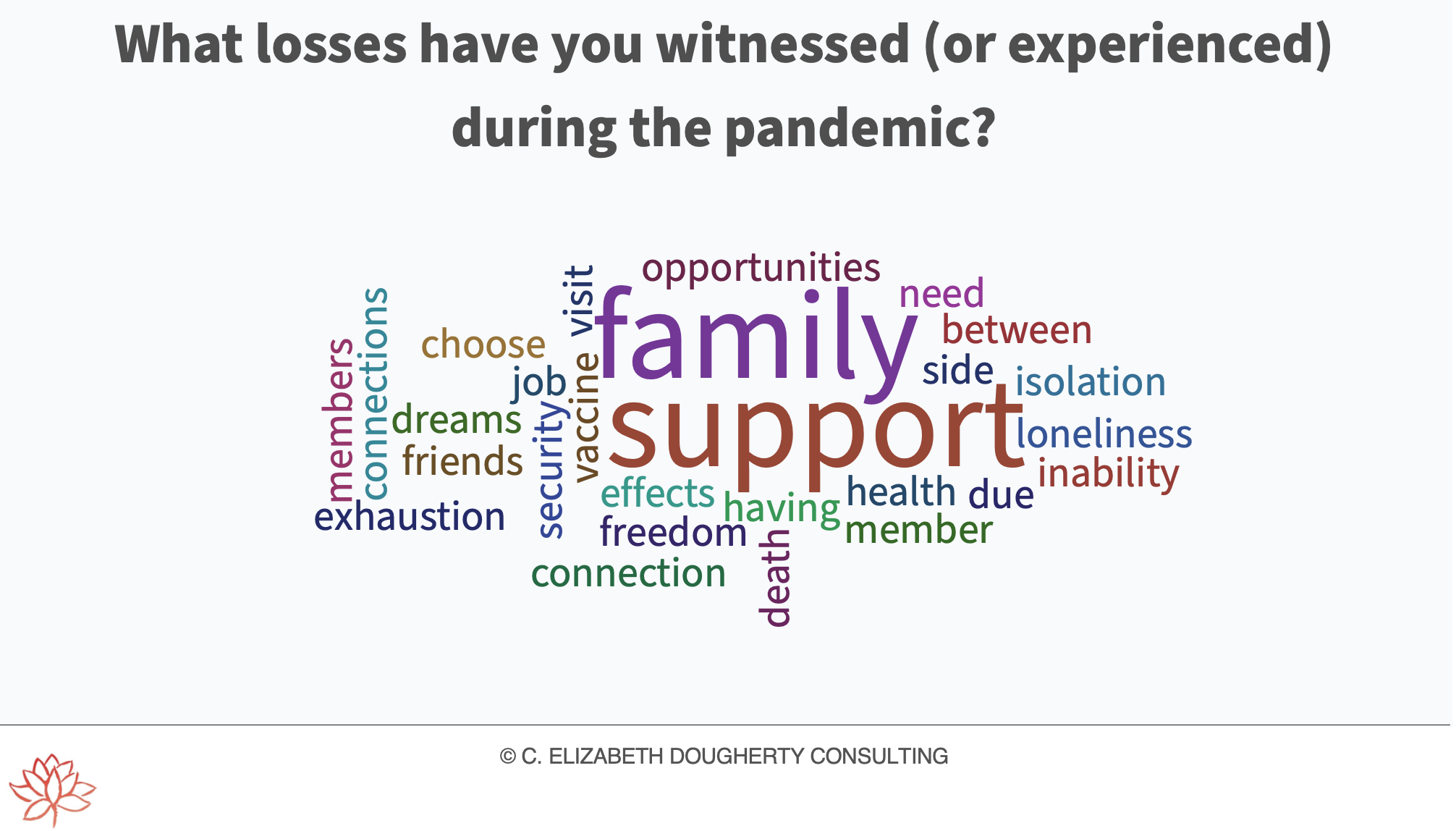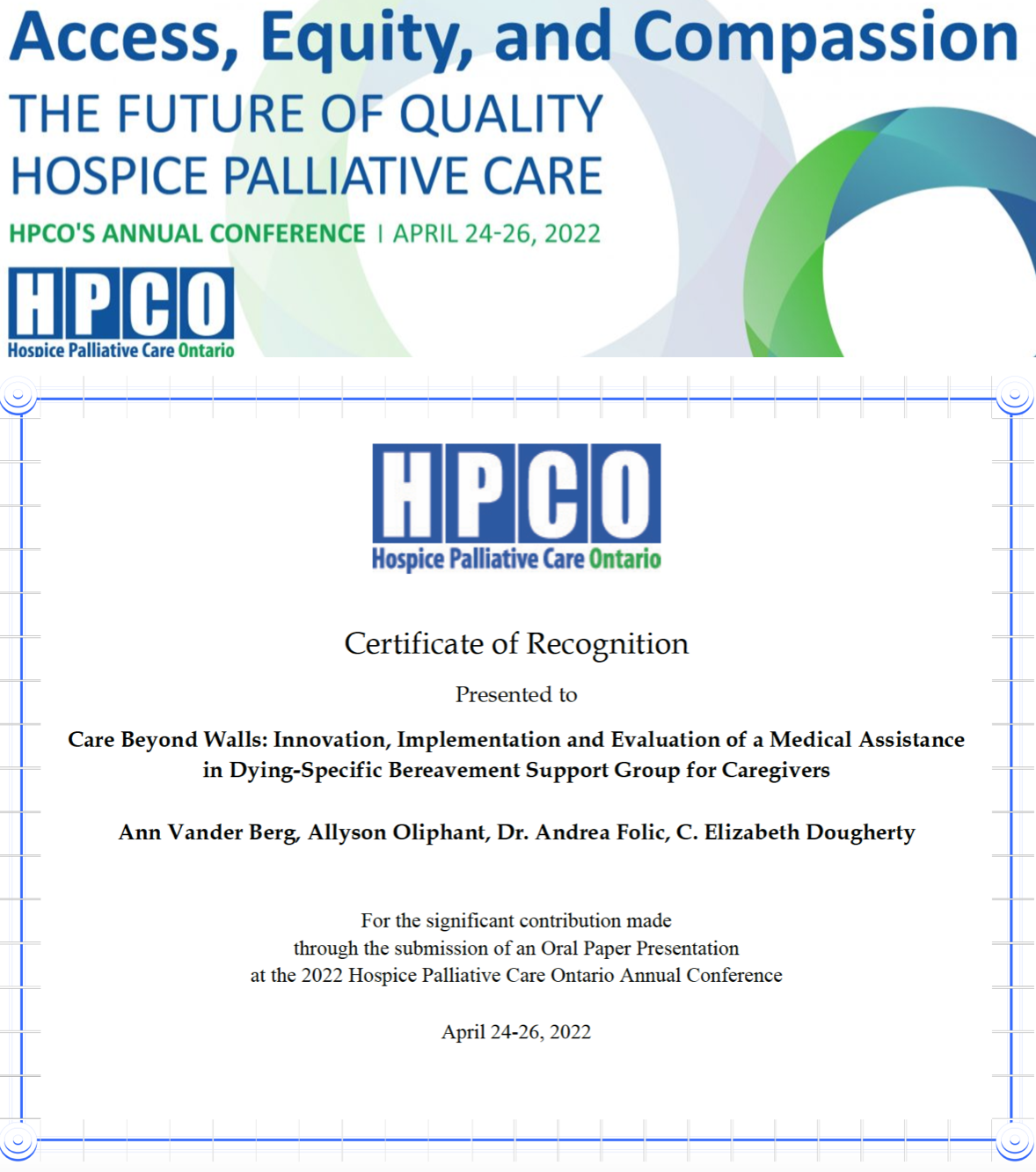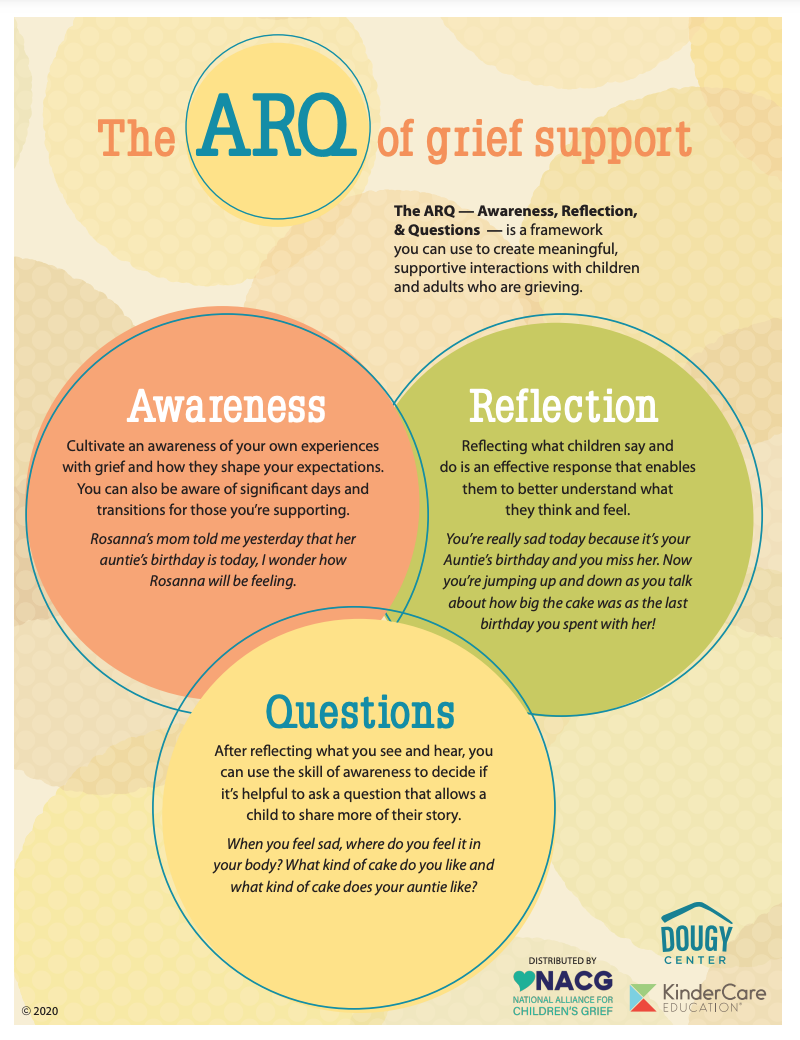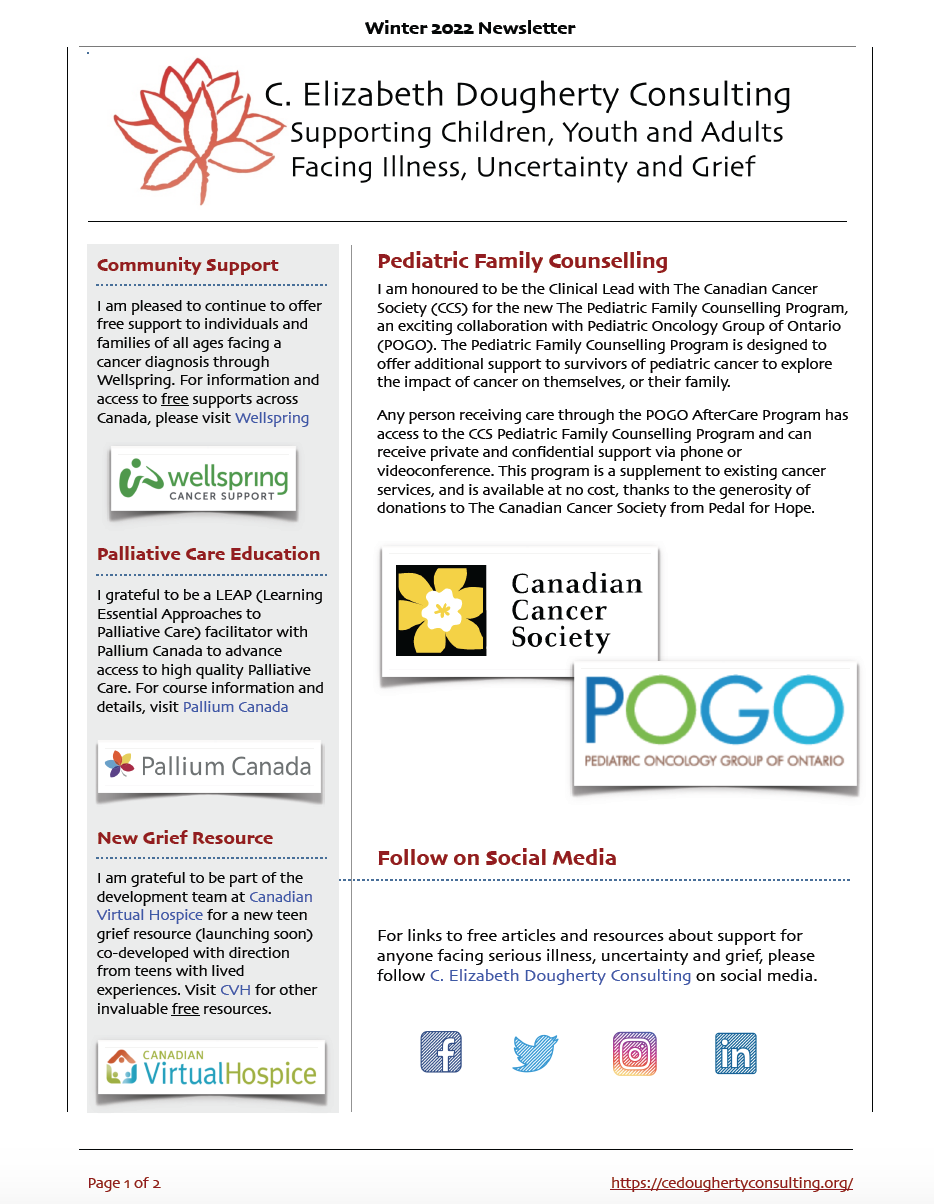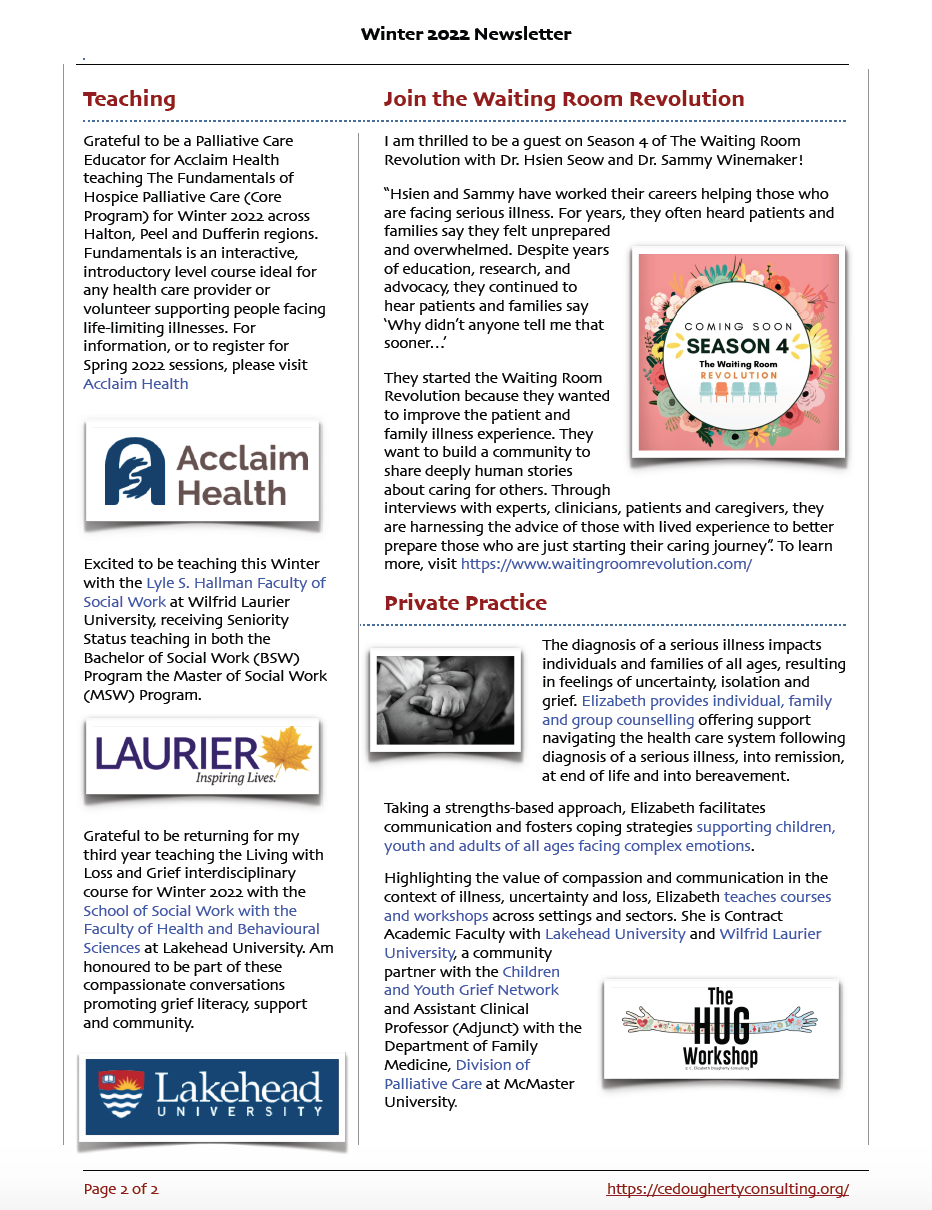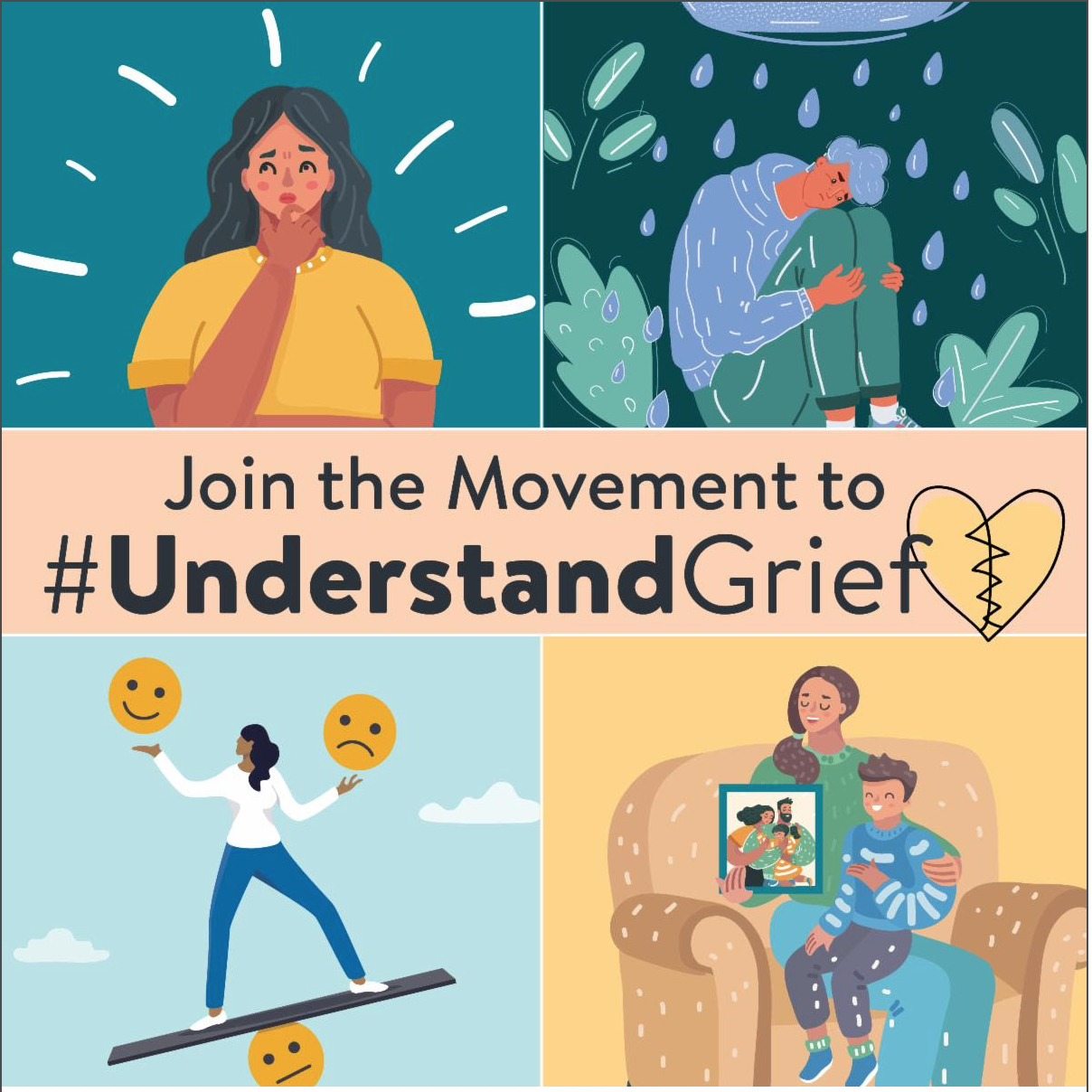Join the #UnderstandGrief movement! Here's how:
1. Advocate that grief is not a mental disorder; our social and cultural context impacts how we grieve. Question the narrative of “mental disorders” and consider all the factors that can contribute to how a person responds to the death of someone in their lives.
2. Consider the language you use and how it can impact people. People who are grieving often receive patronizing responses to “move on” or “find closure” when what they need most is to feel understood.
3. Educate others about being grief-informed. Share the 10 core principles of being grief-informed.
4. Broaden the dialogue about the need for diversity and inclusivity in grief research and support. We need to reach beyond limited and narrow perspectives to understand and support how grief is experienced by people of different beliefs, cultures, ethnicities, backgrounds, abilities, and experiences.
5. Challenge myths about grief. Grief doesn’t follow an orderly path. When someone is grieving, don’t impose expectations on them about how they should feel or respond, or how long their grief should last. Every experience of loss is different.
6. Acknowledge and address the injustices of labels. Rather than labeling people who are grieving with a mental disorder, consider framing the challenges we face when we’re grieving as just that: challenges we experience when coping with the death of someone in our lives.
7. Recognize and acknowledge that every experience of loss is a unique experience. People will likely respond to the death of each person in their life differently because every relationship is unique.
8. Strengthen relational connections. We need connections with others who are understanding and compassionate, especially when difficult and painful things happen.
9. Honour lived experience. To honour the lived experience of others involves offering the gift of nonjudgmental listening, open mindedness, and support.
10. Be compassionate with yourself and with others. One of the ways we can “walk our talk” is to demonstrate the same compassion toward ourselves that we hope others will have for themselves, particularly when we’re grieving.
Via The Dougy Center


